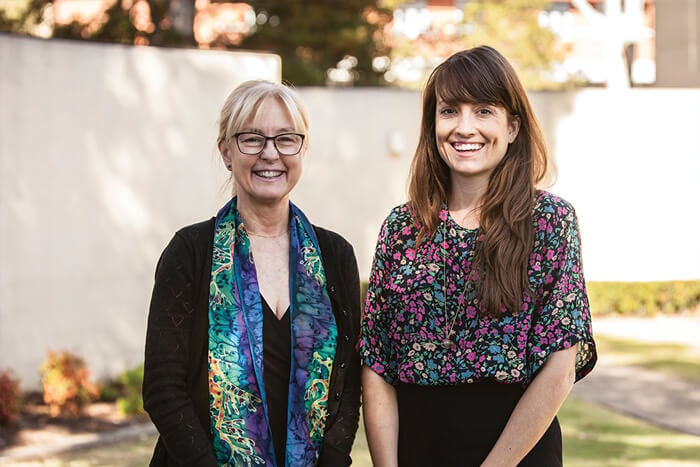Search
Research
Sleep disturbances in Rett syndrome: Impact and management including use of sleep hygiene practicesAttention to sleep hygiene remains an important management strategy for sleep problems in Rett syndrome
Research
An exploration of the use of eye gaze and gestures in females with rett syndromeEye gaze is used more frequently than gestures for communication, and this is related to age, MECP2 mutation type, and gross motor abilities
Research
Environmental enrichment intervention for Rett syndrome: An individually randomised stepped wedge trialWe investigated the effects of environmental enrichment on gross motor skills and blood BDNF levels in girls with Rett syndrome.

News & Events
Thinking big to tackle kids’ brain developmentIf there’s one thing modern researchers and health professionals now understand, it’s that for so many diseases and conditions affecting children and adolescents, early intervention is crucial.

News & Events
Video: One brave little girl's battle with Rett syndromeImagine your baby is developing normally, then suddenly she starts losing skills. Watch Marlee's story below and find out what researchers are doing.

While individual diseases are rare, as a group, rare diseases are common. Recent estimates suggest that between 3% and 6% of the world’s population are affected by rare disease.
One of the many reasons for setting up the International CDKL5 Disorder Database was to learn more about this condition.
This study used information from international Rett syndrome database to investigate the relationship between clinical characteristics and different mutations.
Using information from the Australian Rett Syndrome database, we coded symptoms according to severity scales and grouped by type and location of mutation.
Therefore, we wanted to compare the features of girls and women with a C-terminal deletion with those with other MECP2 mutations.
